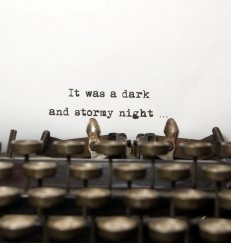
Some of my favorite jokes begin as stories; you know, the ones that start with: "So, this guy walks into a bar," or "These two frogs are sharing a big lily pad, when all of a sudden …"
Stories can be effective ways of telling a joke or describing an event. They can also make a difference in the job interview as you try to convince a hiring manager that you're the right person for the job. They're the best way to answer behavioral interview questions. Hiring managers ask these questions to get a feel for how you acted in particular work situations to see how you might act in similar situations in the future.
Here are three examples of behavioral questions a job seeker might face in an interview:
- You say on your resume that you closed three major projects in the same month. How did you organize your workload?
- Tell me about a time when you had to make a decision that didn't please everyone?
- Your background tells me you're an idea person. What was your best idea and how did you come up with it?
You can make your answers strong and convincing by preparing them in a three-part story format. Learn all about it in this new article in Pongo's Learning Center, How to Answer Behavioral Interview Questions. It includes a downloadable worksheet that you can use to prepare stories that are based on accomplishments you cite in your resume. You can also use it for other behavioral interview questions, such as how you dealt with a stressful situation or how you put in extra time to get a particular job done right.
In the end, you want to make sure your answers support the skills and personal attributes that are critical to the job and the employer. Do that thoroughly and confidently and you just might get the offer.
RELATED LINKS
Be a Good Storyteller at the Job Interview
Stand Out in The Job Market: Part II - Interviewing
Back Up Your Soft Skills with Hard Facts
Ready To Jump Start Your Job Search?
